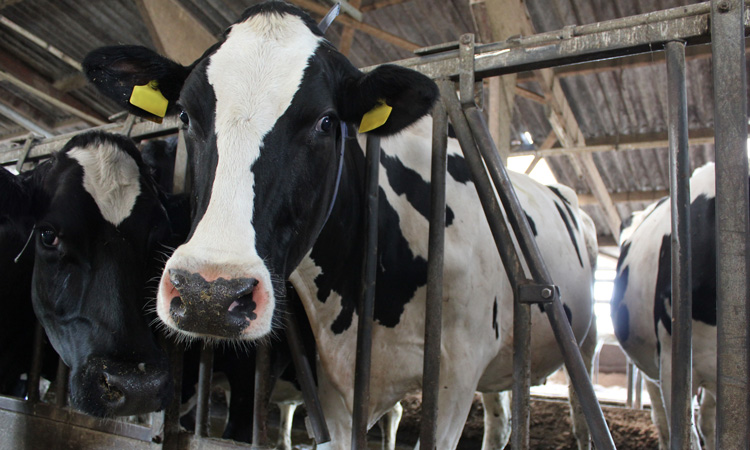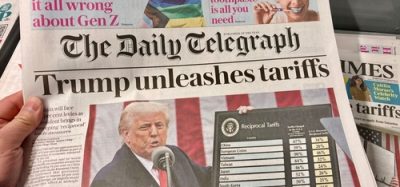Report analyses the future of sustainability in the dairy industry
- Like
- Digg
- Del
- Tumblr
- VKontakte
- Buffer
- Love This
- Odnoklassniki
- Meneame
- Blogger
- Amazon
- Yahoo Mail
- Gmail
- AOL
- Newsvine
- HackerNews
- Evernote
- MySpace
- Mail.ru
- Viadeo
- Line
- Comments
- Yummly
- SMS
- Viber
- Telegram
- Subscribe
- Skype
- Facebook Messenger
- Kakao
- LiveJournal
- Yammer
- Edgar
- Fintel
- Mix
- Instapaper
- Copy Link
Posted: 5 February 2020 | Sam Mehmet (New Food) | No comments yet
The report indicates that there is an urgent need for further cross-sector collaboration in order for the dairy industry to develop sustainably and ethically.


A report, commissioned by Arla Foods and conducted by the Institute for European Environmental Policy (IEEP), has analysed the obstacles and developments of the European dairy industry.
“The science is unequivocal: pressing challenges lie in front of us,” Céline Charveriat, Executive Director of IEEP, wrote in the forewords of the report. “The latest evidence from the European Environment Agency shows that the European Union is off track across nearly all its environmental and sustainability targets. For Europe to become a sustainable, climate friendly continent that stays within the planetary boundaries, we need to implement deep systemic changes – and do so quickly.
“The EU urgently needs a new and ambitious blueprint for tackling climate change, pollution, biodiversity loss and overconsumption that the new Commission’s first major policy announcement – the Green Deal – starts to address this urgency carries an important message. The food sector is at the centre of this – and the dairy sector, in particular. Representing more than 12 percent of the EU’s total agricultural output, dairy production is the Union’s second biggest agricultural sector. But today, it faces numerous, interlinked challenges across all three pillars of sustainability – economic, social and environmental.”
The IEEP was approached by Arla Foods to conduct a study on how the European dairy sector could become more sustainable, and the report is said to go beyond just fact checking and aims to provide solutions and possible pathways for all actors involved in the value chain.
“The dairy sector itself can bring profound and necessary changes but, on their own, these will not be enough: policy makers, civil society, consumers and others will also have to become the drivers of the transition. In the context of the Green Deal and the upcoming Farm to Fork strategy, we hope that our findings and conclusions contribute to the discussion and, above all, lead to evidence based decisions that are so urgently needed,” Charveriat continued.
Key takings from the report include:
- Standards for animal welfare and production transparency must be strengthened
- Products increasing in quality and value due to improved sustainable and ethical production should be rewarded rather than penalised
- Young people should be further incentivised to join dairy farming programmes
- Labelling and information must be standardised so that consumers can make informed decisions about diet and consumption.
The full report can be found here.
Related topics
Environment, Regulation & Legislation, Research & development, Supply chain, Sustainability, The consumer









